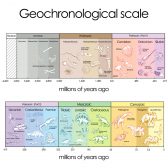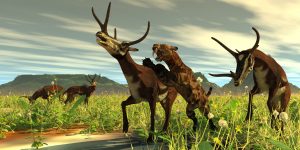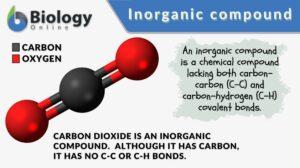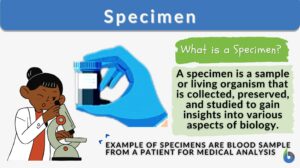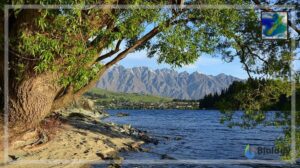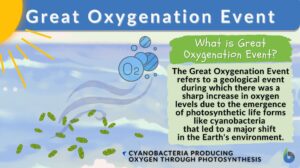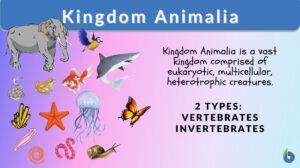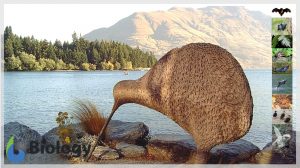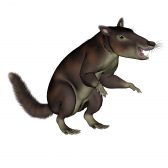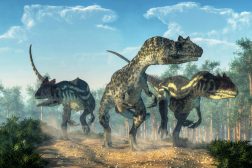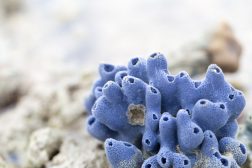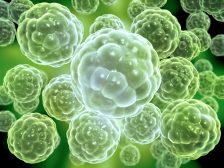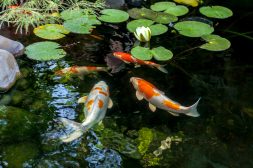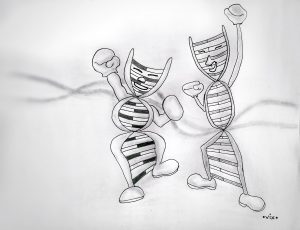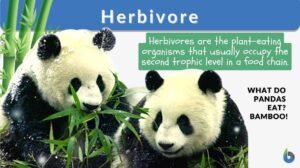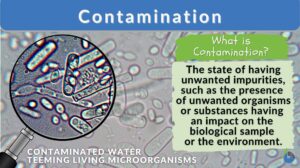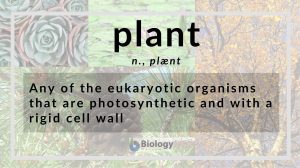Search Results for: geological
Geological Periods
Precambrian Times (Most Ancient) All time before life existed, Earth was still a volatile environment, though the origins... Read More
Early Mammals on Earth
By the time the dinosaurs were extinct 65 million years ago, the world's landmass had split up into more or less the... Read More
Zoogeography
Definition noun A branch of biology that is primarily concerned about the geological distribution of... Read More
The Origins of Life
This tutorial digs into the past to investigate the origins of life. The section is split into geological periods in the... Read More
Inorganic compound
Inorganic Compound Definition An inorganic compound is a chemical compound lacking both carbon-carbon (C-C) and... Read More
Punctuated equilibrium
Definition noun A theory that describes an evolutionary change happening rapidly and in brief geological events in between... Read More
New Zealand’s Unique Geographical History
Written by: Maria Victoria Gonzaga Peer-reviewed by: Cathy Buntting, Ph.D. and Andrea Soanes New Zealand is... Read More
Great Oxygenation Event
Great Oxygenation Event Definition The Great Oxygenation Event is defined as the surge of dioxygen (O2) levels in the... Read More
Kingdom Animalia
Kingdom Animalia Definition Each person can say that they know of or can name at least one animal. However, do people know... Read More
Ecology & Biodiversity: New Zealand Flora & Fauna
New Zealand is known for its unique biodiversity, caused by its remarkable geography and geologic history. Breaking away... Read More
Mammalian Ancestors
Humans are mammals, the most successful taxonomic class of organisms to colonize the Earth. The word mammal derives from the... Read More
The Dinosaurs
Everyone has heard about the dinosaurs. No doubt one of the reasons why is because of their size, another being the fact... Read More
Primitive Animals
Incorrect taxonomic classifications deemed organisms to be either animals or plants, in the Plantae or Animalia kingdoms... Read More
The Evolution of Cell Organelles
The previous tutorial page noted the emergence of protists, organisms that possessed a distinct cell nucleus and contained... Read More
Freshwater Communities & Lentic Waters
Lentic (still water) communities can vary greatly in appearance, anything from a small temporary puddle to a large lake is... Read More
SELFISH GENE – selfish to persist
What is a selfish gene? A selfish gene is not a gene that makes an individual selfish. In fact, it may even be involved in... Read More
Mass extinction
Definition noun The extinction of one of more species in a relatively short period of geological time, usually as a... Read More
Fossil record
Definition noun The totality of fossilized artifacts and their placement within the earth's rock strata. It provides... Read More
Petrified Wood : The World of Fossilized Wood, Cones, Ferns, and Cycads
Petrified Wood : The World of Fossilized Wood, Cones, Ferns, and Cycads ... Read More
Ichnology & Sedimentology Of Shallow To Marginal Marine Systems (Short Course Notes)
Ichnology & Sedimentology Of Shallow To Marginal Marine Systems ... Read More
Angiosperm
Angiosperms Definition What is an angiosperm? An angiosperm is a plant that produces flowers. The angiosperms, also... Read More
Photosynthesis
Photosynthesis is a physio-chemical process carried out by photo-auto-lithotrophs by converting light energy into chemical... Read More
Equilibrium
Equilibrium Definition In Biology Equilibrium refers to the state of balance and stability. In biology, equilibrium is... Read More
Contamination
Contamination Definition Contamination, sometimes interchanged with pollution, is the existence of live things or... Read More
Decomposer
Decomposer Definition The organisms that carry out the process of decay or breakdown of the dead organism are known as... Read More
